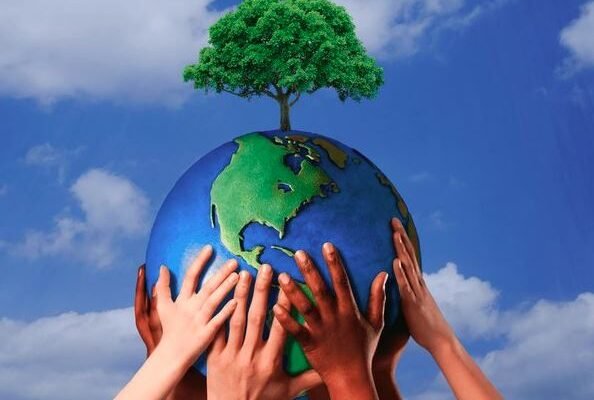
How to Develop a Code of Ethics for Environmental Organizations
Developing a code of ethics for environmental organizations is a crucial step in promoting integrity, accountability, and professionalism within the organization and the broader community. A well-defined code serves as a guiding framework for decision-making, conduct, and relationships within the organization and its stakeholders. Here’s a comprehensive approach to creating an effective code of ethics…














